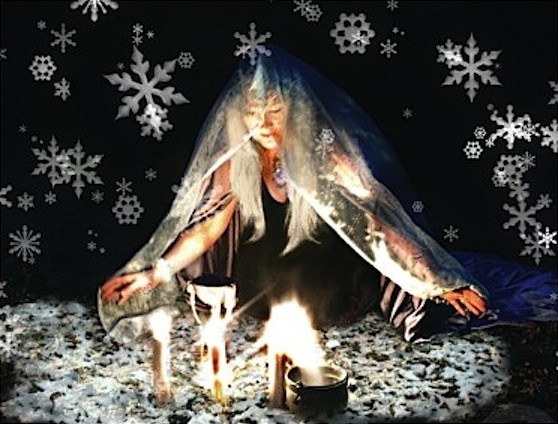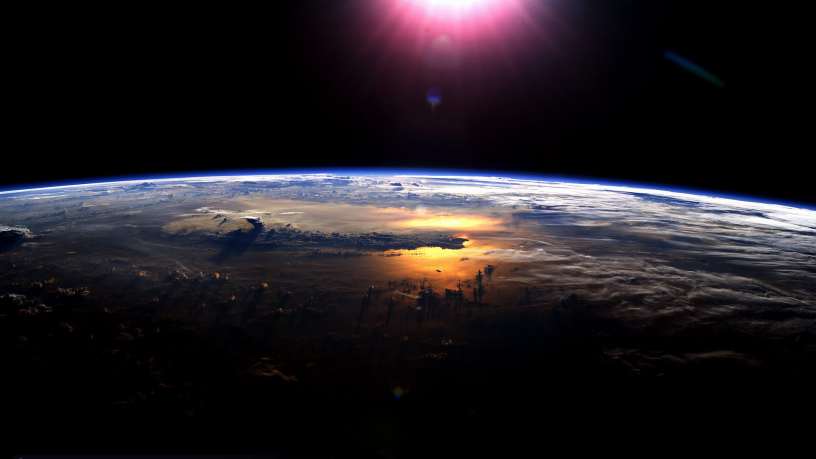——————————————
The Pagan Experience’s Monday Musing: Any writing for the letters C or D: As with the format of the Pagan Blog Project that The Pagan Experience has replaced… this week, write about any topic that starts with the letter C or D.
——————————————
I was going to write up Druidry, but I started to and realized that I couldn’t think very well due to having the flu this week, and since it’s dear to my heart, I’d like to give it the attention it deserves. So I will most likely be writing about that later. For today, I think I’ll take it easy and riff on C for Community (and circle/choir/church/coven/coterie, hehe).
For the past year I’ve been attending the Pagan-friendly and non-creedal Unitarian Universalist church in order to connect with community. It’s like church and also not. I am practically allergic to the word church, but to me this is really more of a social club for intelligent and compassionate people. The “sermons” (at least where I attend) are more in the realm of philosophy and social justice, and the music is always fantastic and uses inclusive language. I love the sorts of people it draws (professors, librarians, activists, liberal Christians, Pagans, Buddhists, humanists…people who love knowledge and love the world), and I love the organization’s ethos, so I chose to seek community there. There used to be a chapter of CUUPS (Covenant of Unitarian Universalist Pagans) in the area, but currently there is none. I know some of the other UU Pagans, some of whom ran the local Spiral Scouts circle that my kids went to.
I grew up in a strongly communal setting, where my neighborhood was kind of like an extended family, and I was aware that my entire state (Utah) was full of such neighborhoods (wards) that were all affiliated with our church and shared the same religion/culture. And my family itself was huge… clans of six kids (or more) who all had six kids… I have somewhere around 70 first cousins and 36 nieces and nephews. I am used to existing in large groups (even though I’m an introvert.) The way they practiced community often didn’t include healthy boundaries (and the patriarchal authoritarianism…) but it doesn’t have to be like that. Continue reading



